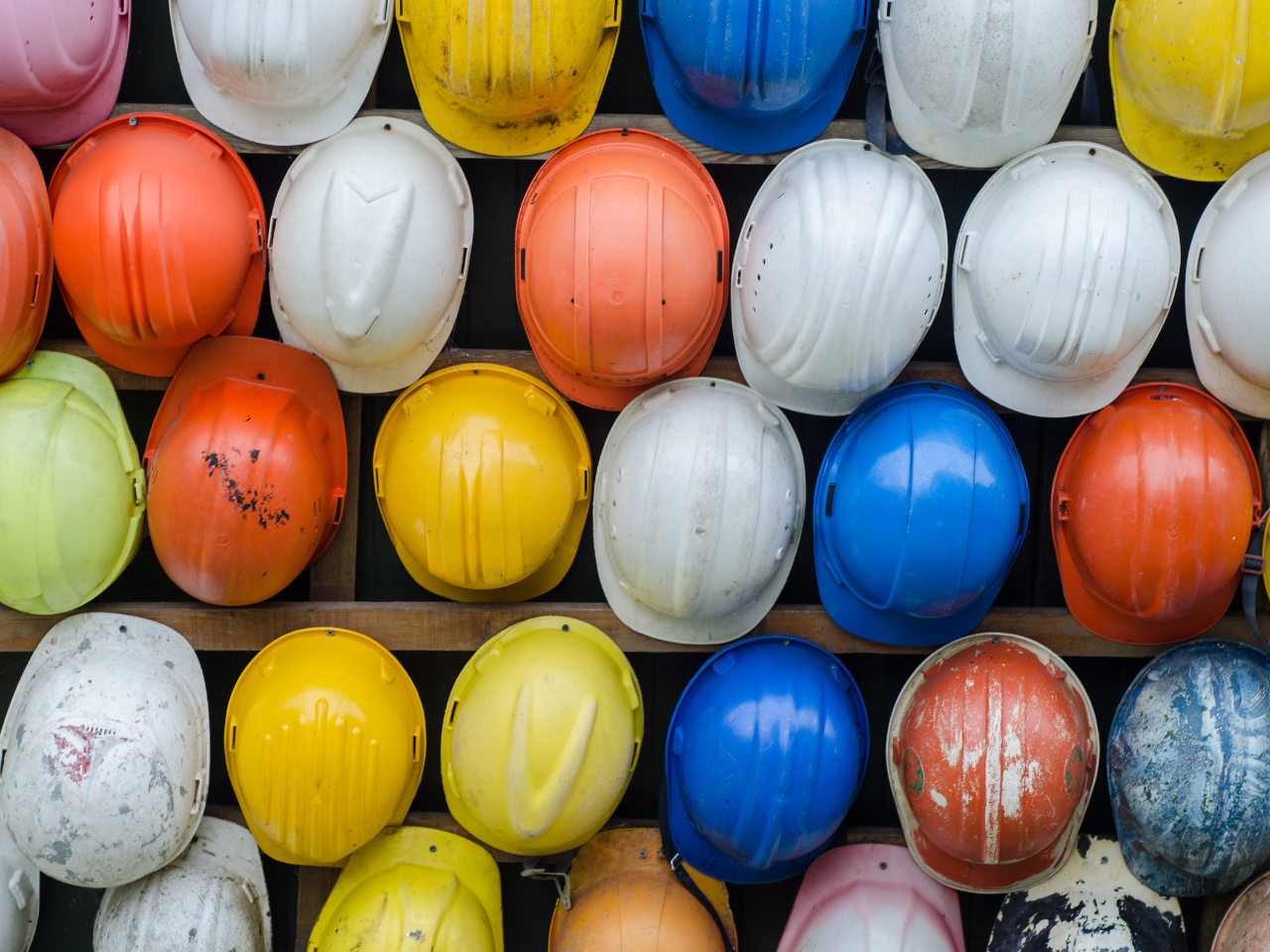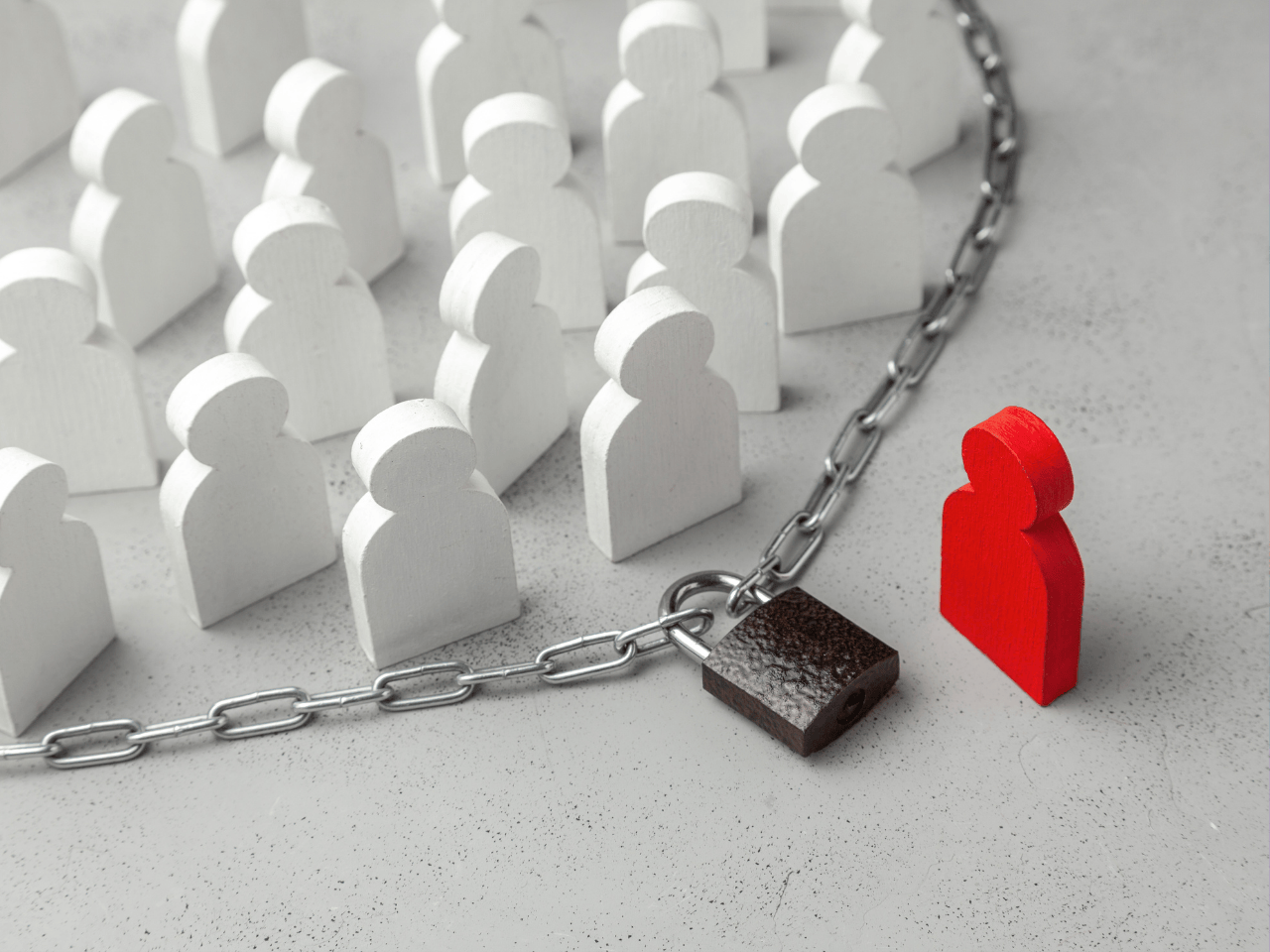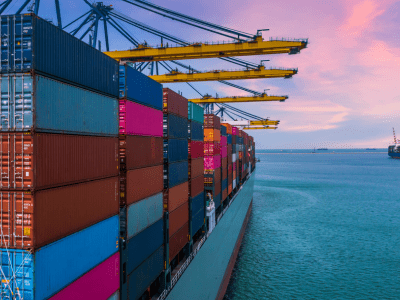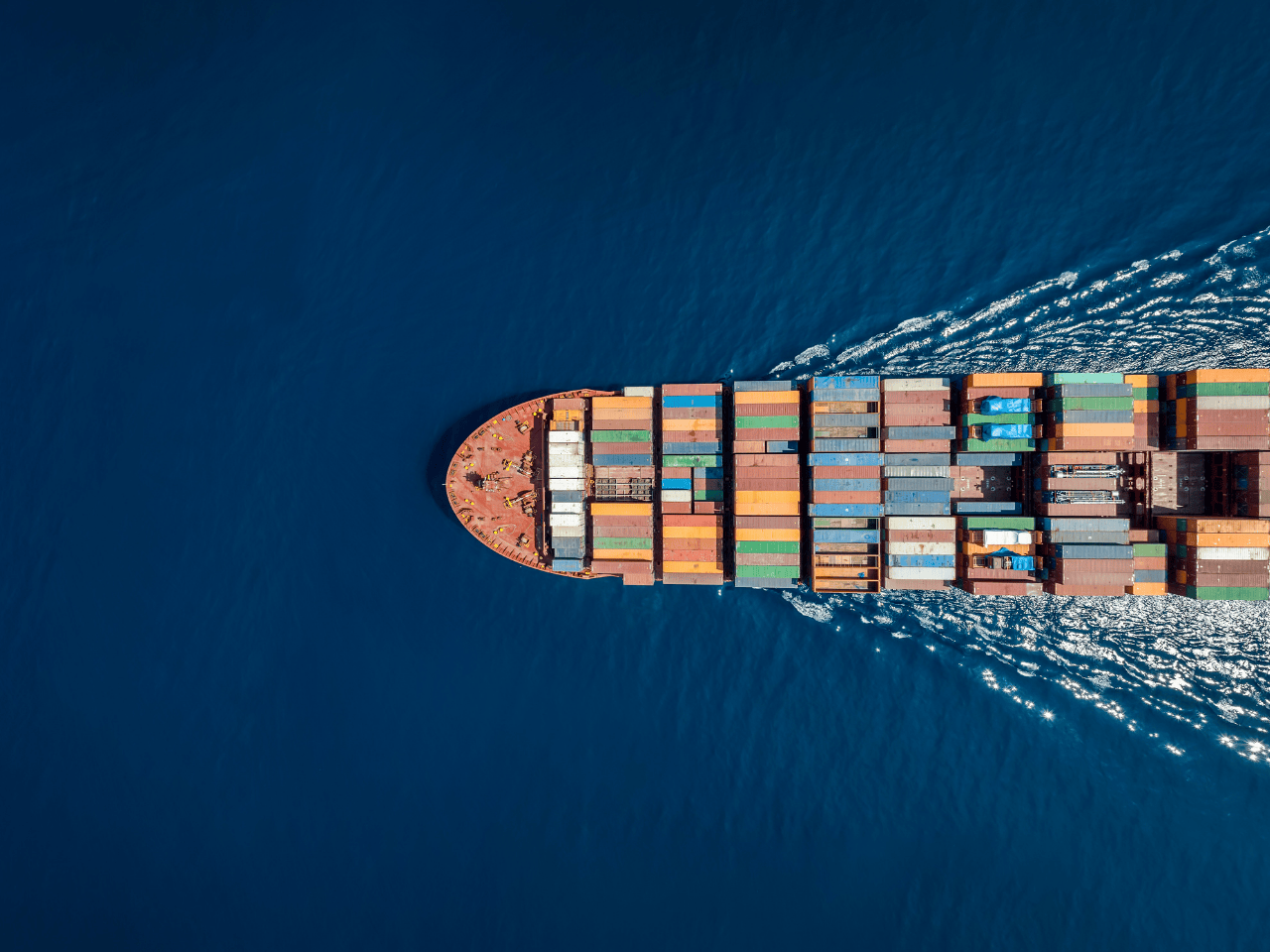Health and safety in the workplace has come a long way. From stronger legislation to better awareness and training, most organisations now take the wellbeing of their workers seriously. Serious incidents still occur. When they do, the effects can change lives, threaten businesses, and harm brands.
Uncertainty is not something you want when it comes to supply chain health and safety. So, how can you get the full picture?
Why you can’t afford Health & Safety uncertainty
Whether they think it is fair or not, organisations are often judged based on the companies they choose to work with and the supply chains they operate. You might have a great health and safety record at work. However, problems and accidents in your supply chain can hurt your reputation.
The potential repercussions are too significant to overlook. Should you or your suppliers fail to fulfill your duties and responsibilities towards your employees, you might face possible criminal charges.
A contributing factor to the issue is the ongoing lack of awareness regarding what constitutes workplace risk and how to address it. While incidents involving the incorrect selection of equipment and unsafe practices frequently receive the most attention, the psychological well-being of employees and the impact of factors such as excessive working hours are often neglected.
The impact of lost-time injuries on a business can be substantial. The UK Health and Safety Executive (HSE) reported that an estimated 33.7 million working days were lost in 2023/24 due to self-reported work-related ill health or injury – costing the economy £21.6 billion.
That’s not just lost time. It’s lost productivity, strained workforce morale, and increased insurance premiums. In some cases, it’s also criminal liability.
The reputational hit you take in the eyes of customers or potential business partners can be even more costly in the long run. In 2025, Network Rail was fined £3.75 million after two track workers, were fatally struck by a train near Margam, Wales, in 2019. An investigation by the Office of Rail and Road (ORR) found serious safety problems. These included a lack of lookouts and poor safety planning.
Emerging hazards: a broader view on workplace risk
Health and safety is no longer just about physical accidents. Psychological wellbeing, worker fatigue, and environmental stressors like extreme heat or air pollution are becoming mainstream concerns.
The International Labour Organisation (ILO) reported in April 2024 that more than 70% of the global workforce is now exposed to climate-related occupational risks, resulting in an estimated 2 million deaths annually from work-related illness and injury. Meanwhile, psychological risk factors are accelerating. The UK Health and Safety Executive (HSE) reported 776,000 cases of work-related stress, depression, or anxiety last year. This number makes up over 50% of all reported work-related health issues.
These figures show that companies need to take a broader approach to workforce safety. This means going beyond just following rules. They should also focus on mental health and environmental risks in their supply chains. This is very important for buyers who get supplies from areas with climate changes. It also applies to suppliers in tough, low-profit situations.
Health & Safety Audit data tells a clear story
Significant advancements have been achieved in workplace health and safety, yet we believe there is still room for improvement. We offer services and products designed to assist buyers and suppliers in operating more safely and efficiently. Although health and safety audits are crucial tools, our communities like Supply-Line or the Achilles Network can aid buyers in deciding whether to collaborate solely with suppliers that adhere to international standards like OHSAS-18001.
A safer supply chain is a more resilient one
Putting health and safety at the heart of supply chain management isn’t just ethical, it’s strategic. Safe suppliers are more reliable, more efficient, and less likely to cause costly delays or damage your brand reputation.
Achilles helps buyers build safer supply chains with:
- Health and safety audits aligned to international standards
- Supplier risk assessment tools to flag high-risk contractors
- Ongoing monitoring to track compliance over time
- Visibility platforms to align supplier practices with your ESG goals
When your supply chain is safe, your business is safer for your employees, partners, and reputation.
Find out more about our offerings by getting in touch today.






